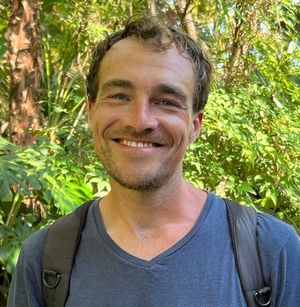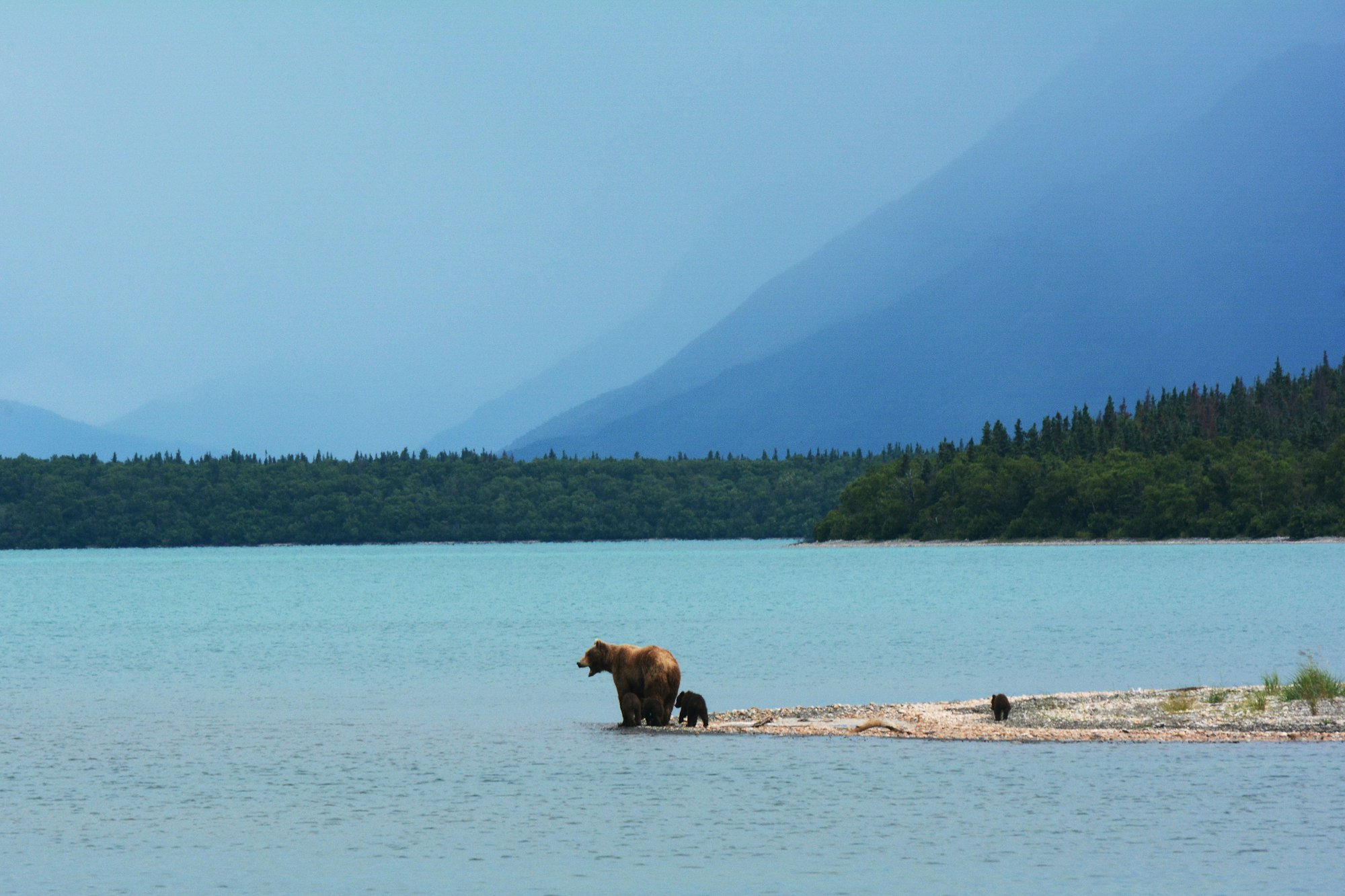I suppose no man can violate his nature. All the sallies of his will are rounded in by the law of his being, as the inequalities of Andes and Himmaleh are insignificant in the curve of the sphere. Nor does it matter how you gauge and try him. A character is like an acrostic or Alexandrian stanza;--read it forward, backward, or across, it still spells the same thing. In this pleasing, contrite wood-life which God allows me, let me record day by day my honest thought without prospect or retrospect, and, I cannot doubt, it will be found symmetrical, though I mean it not, and see it not.
Ralph Waldo Emerson, Self Reliance
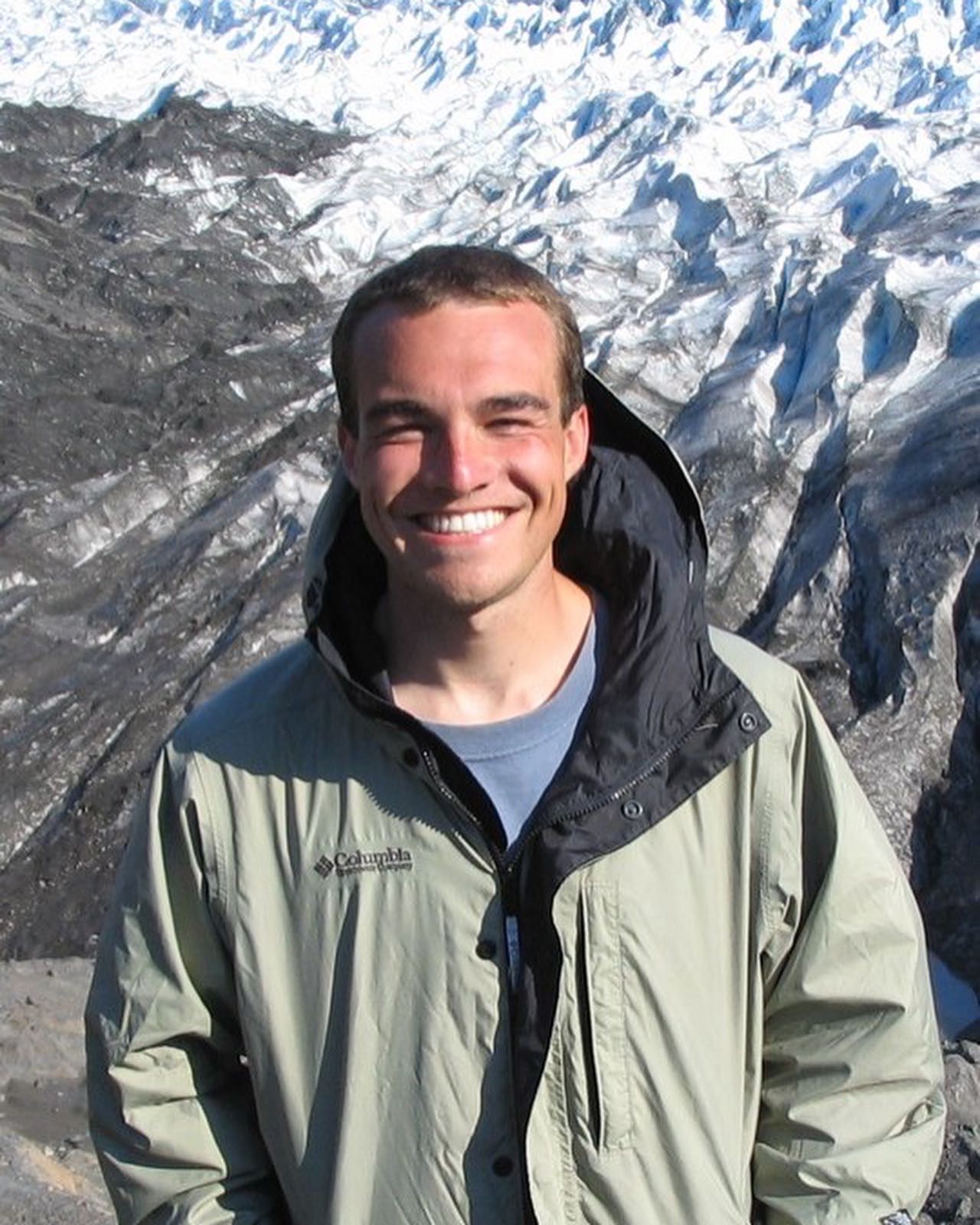
My life commenced in Nature.
Growing up in the Ozark mountains in Northwest Arkansas connected me to the wild processes of life from the very beginning. My parents were blueberry farmers, and my father a hunter and fisherman. Our farm was full of wild cottontail rabbits, jack rabbits, migratory geese, coyotes, and even the occasional roadrunner. Not far from the farm were woods filled with whitetail deer and though I never saw them, a few black bears and pumas lurked around as well.
My maternal grandfather was a member of the Arkansas state legislature, and was heavily involved in the campaign to get the Buffalo River declared the first National River in the United States, which remains one of the extremely few undammed rivers in the country when excluding Alaska.
The picture atop this post was taken in Alaska, the last time I was there, at the age of 22, which was the summer after my last semester of university. I would never have imagined that would be my last trip to the place. I fell in love with the state on my first voyage in 2003, and I spent as much time there in those three summers as I possibly could. Even today, all these many years later, Alaska remains among the peak experiences of my entire life.
Never did I feel so free. No place has ever brought me as much pure exhilaration and joy for living.
The spectacular scenery certainly moves even the most rigidly urban soul, but what enchanted me the most about Alaska was not its rugged mountains or powerful glacier-fed rivers, but the striking abundance of life. The unspoilt wilderness of the world’s northlands remain among the few territories where the anthropocene epoch has not yet deprived Nature of hospitable conditions for non-human animals to thrive without our meddling participation.
Alaska also marked the beginning of my shift away from center-right politics. Having grown up in a conservative, Middle American farm family whose house might as well have had a portrait of Ronald Reagan featured as Latin American households commonly pay homage to the Pope, I had believed the anti-environmentalist rhetoric about economic growth pushed by the decidedly un-conservative elements of conservatism. I had not understood the opposition for oil drilling in the Arctic National Wildlife Refuge until I spent 8 days rafting through 200 miles of Arctic wilderness on the Koyukuk River.
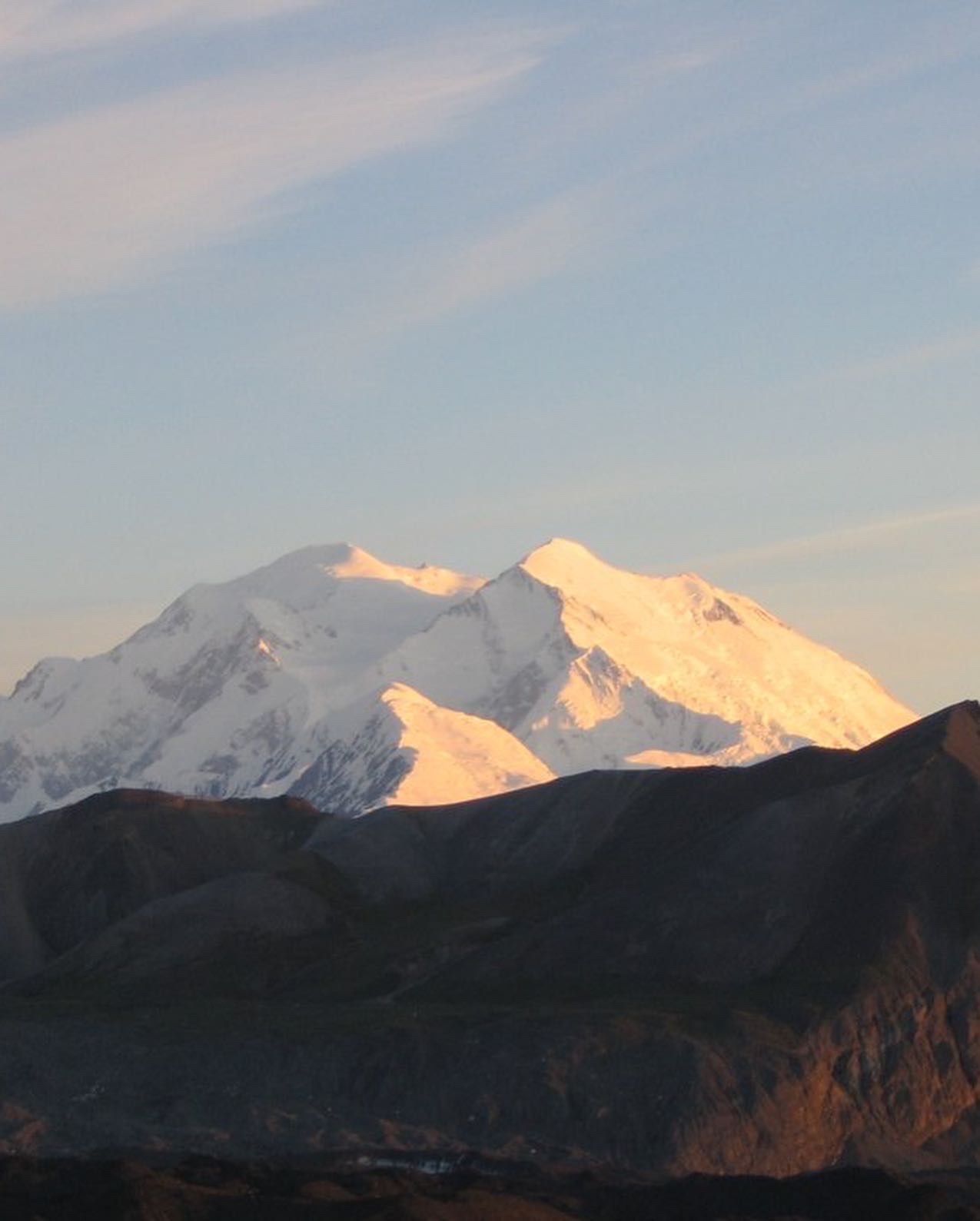
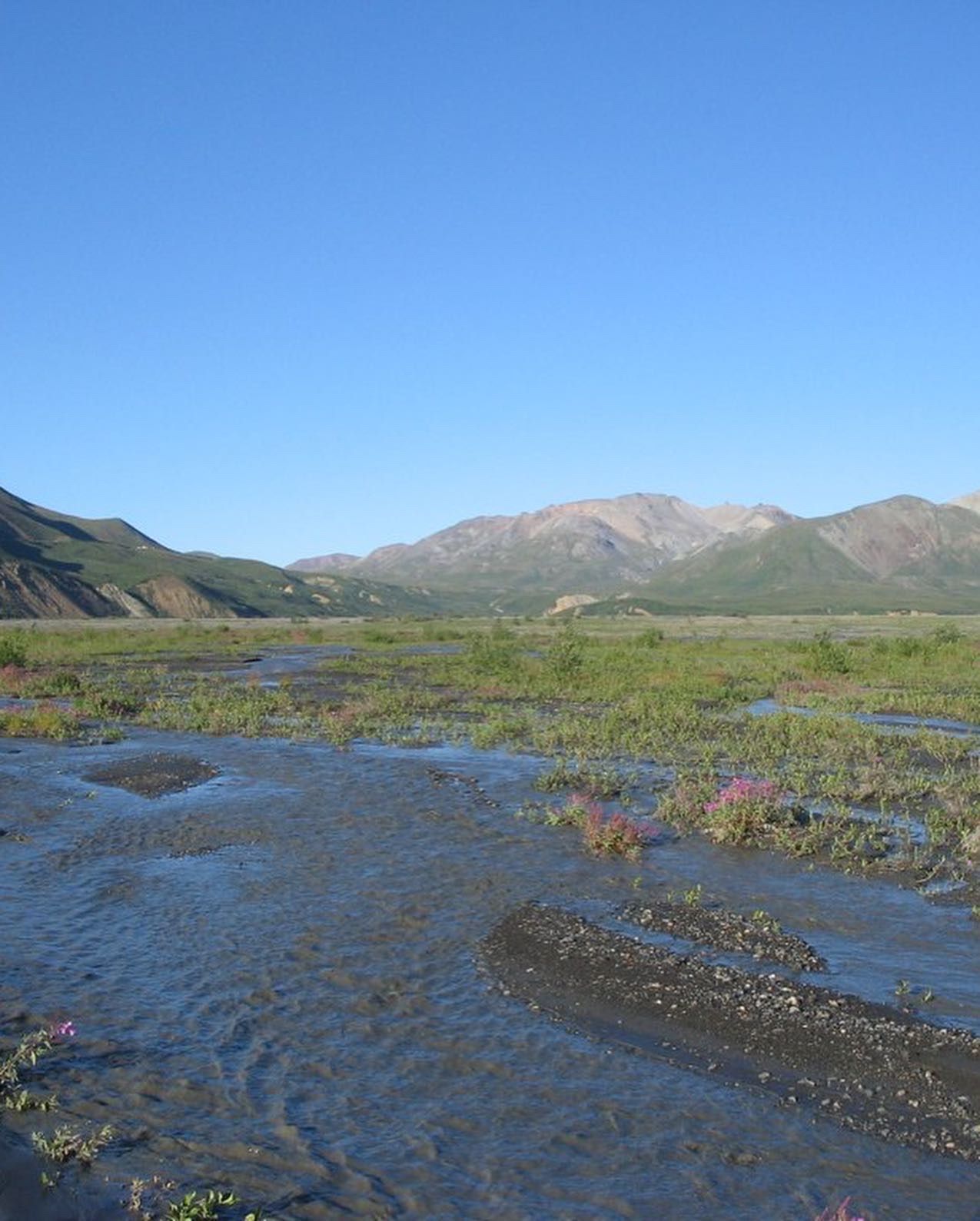
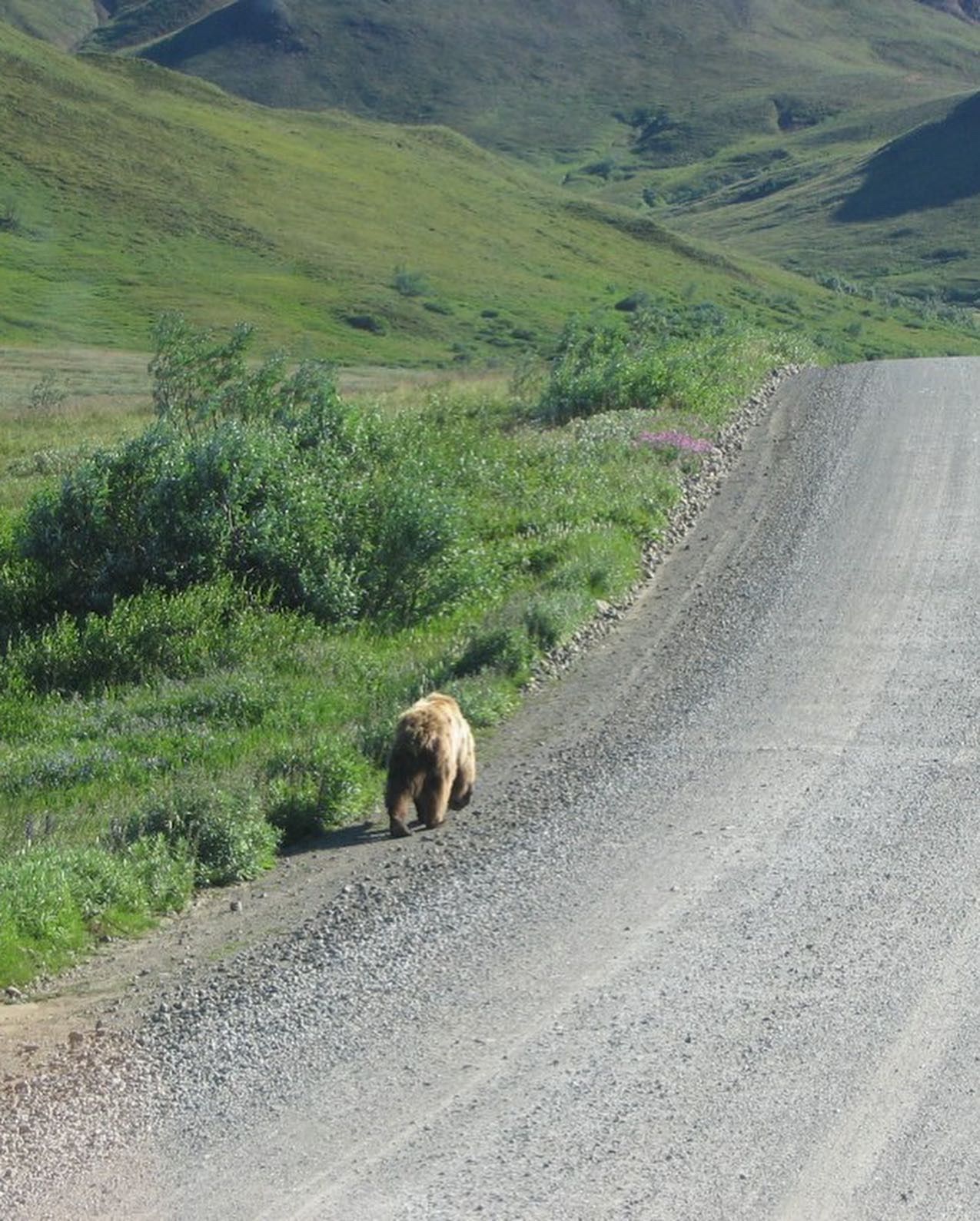
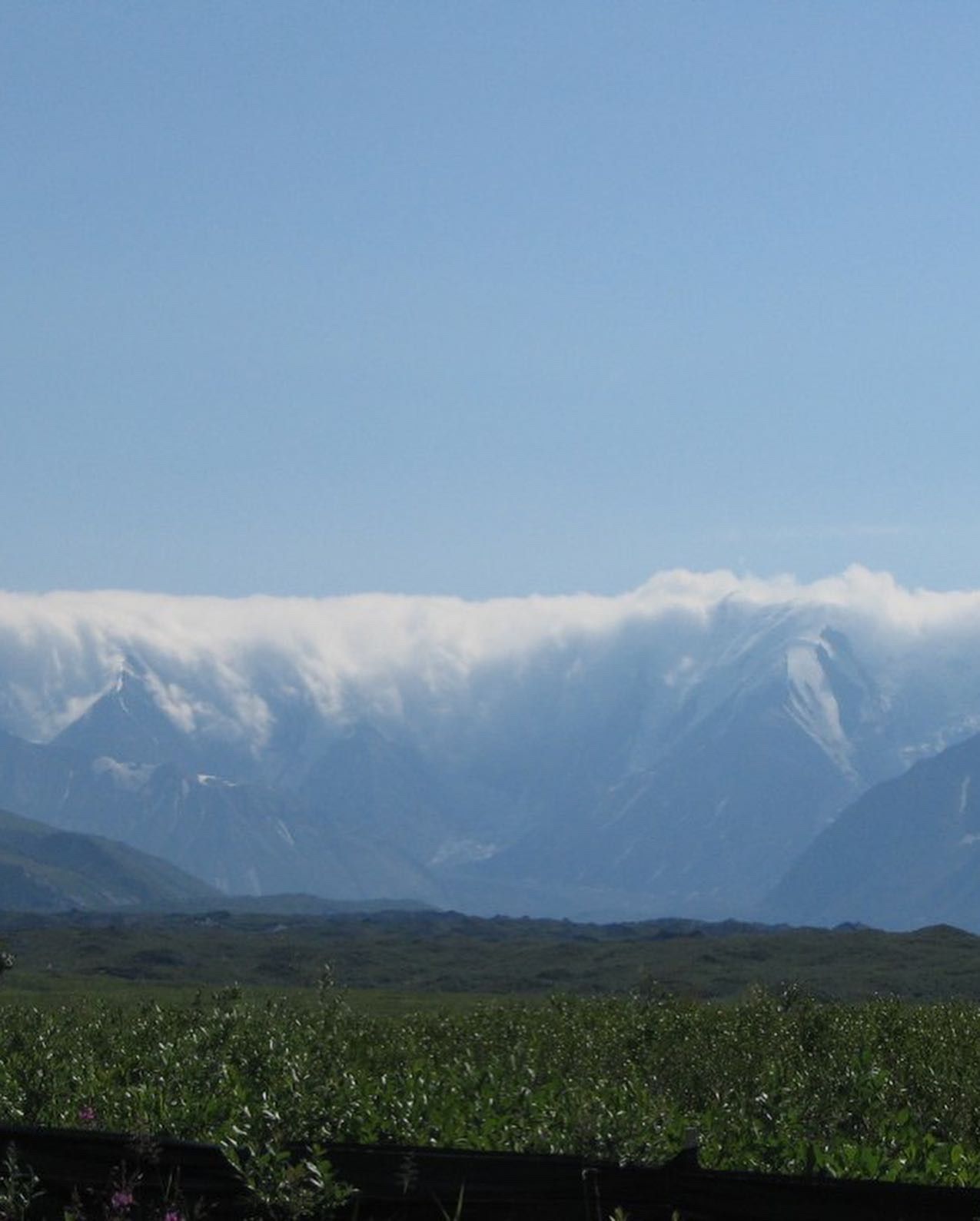
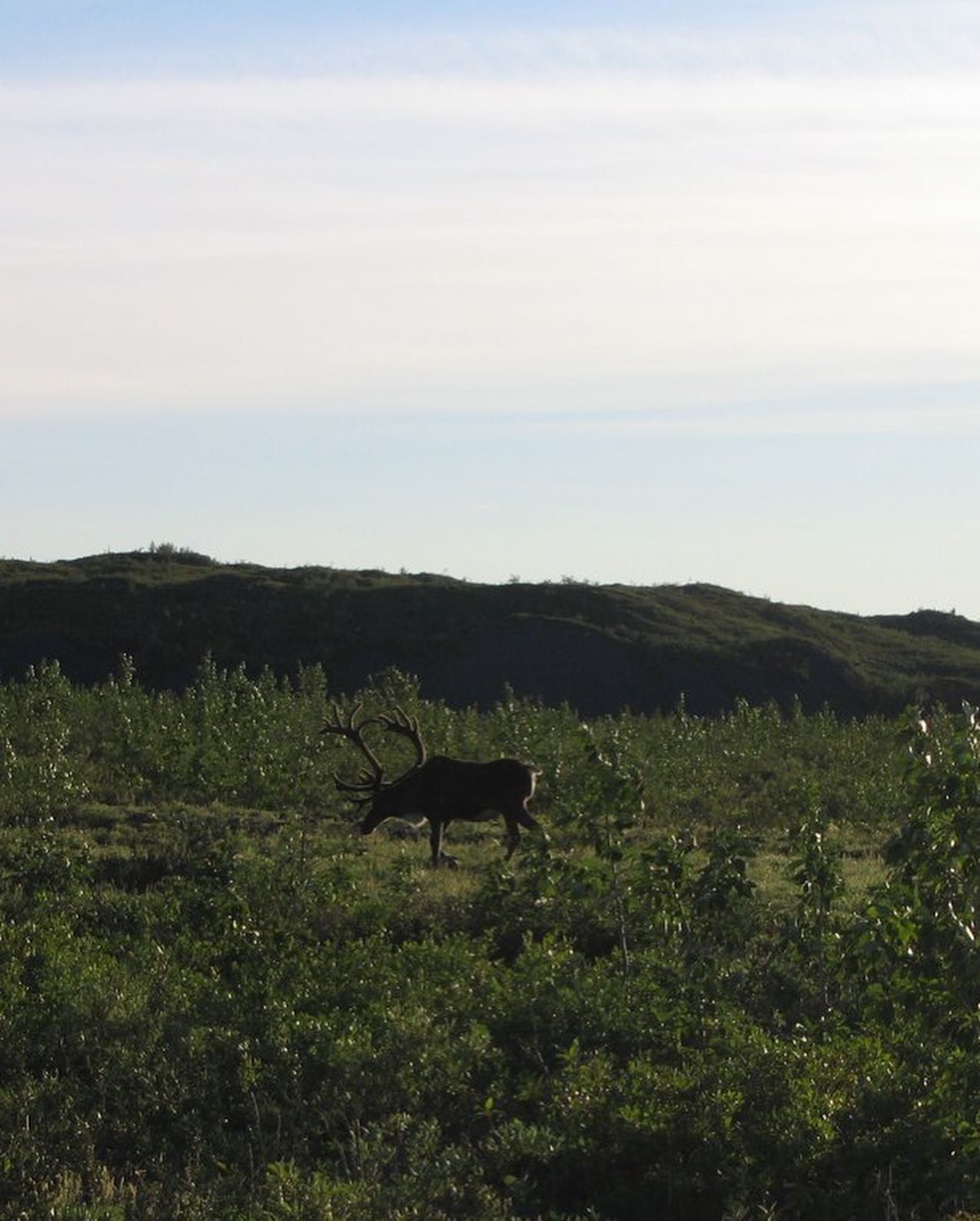
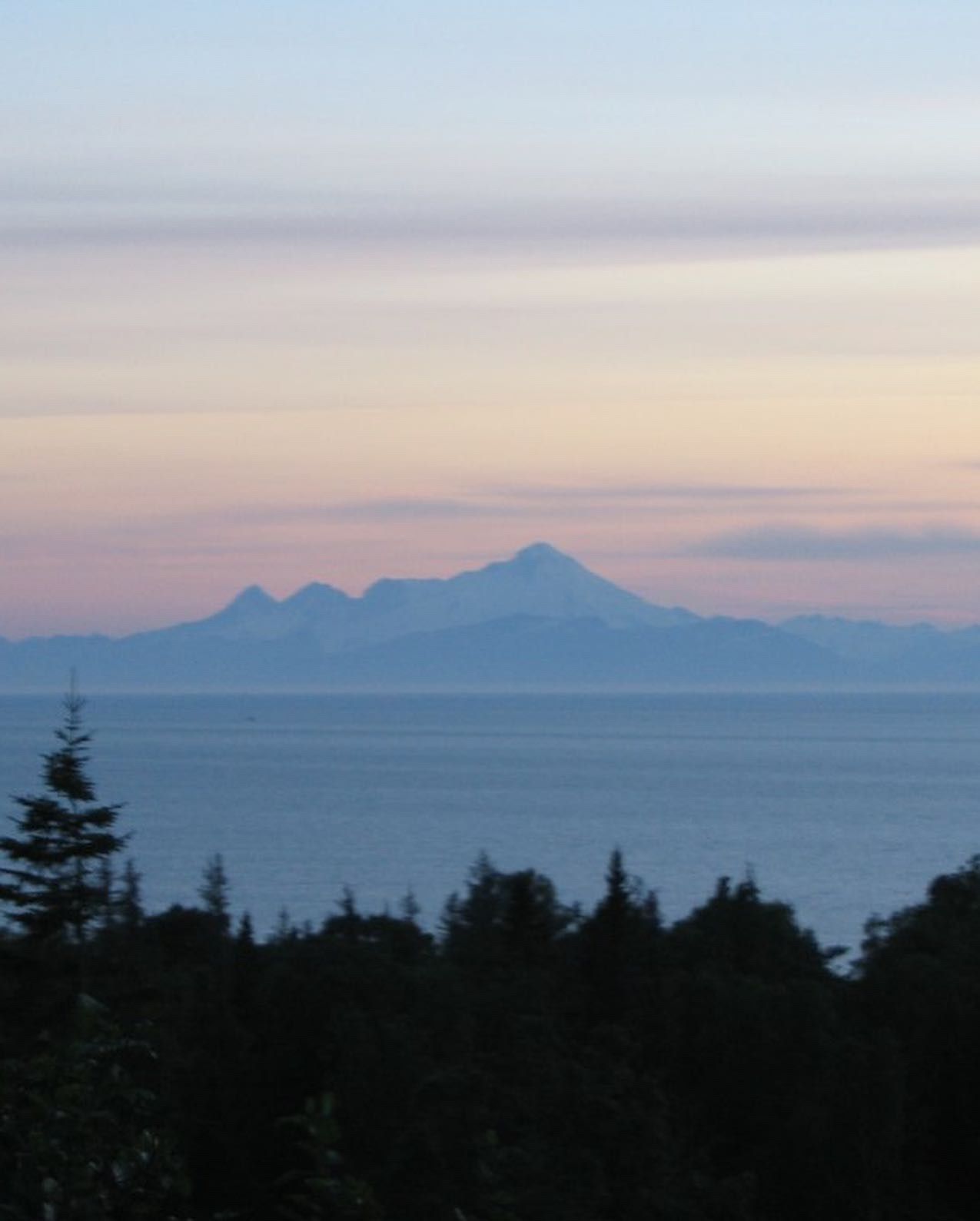
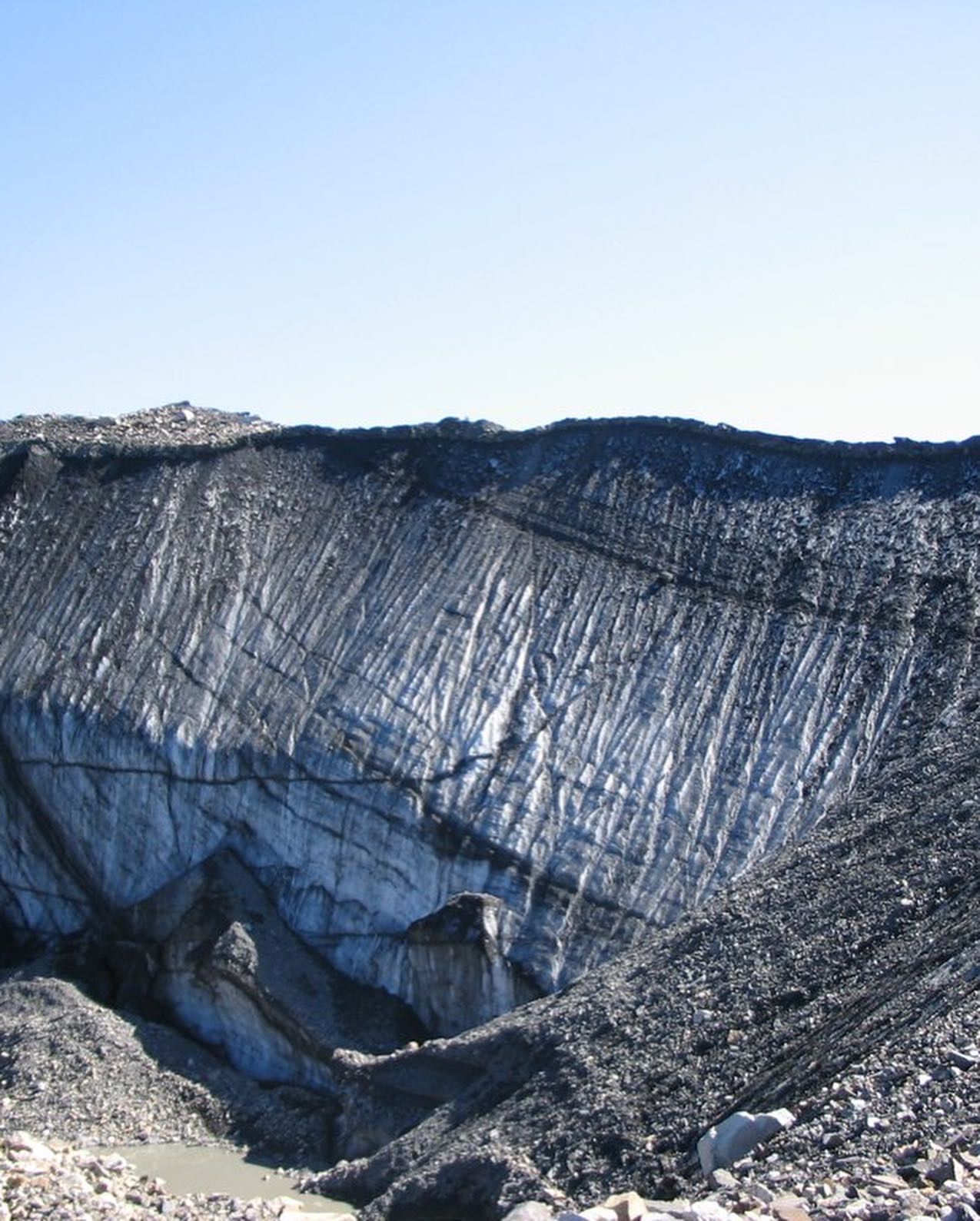
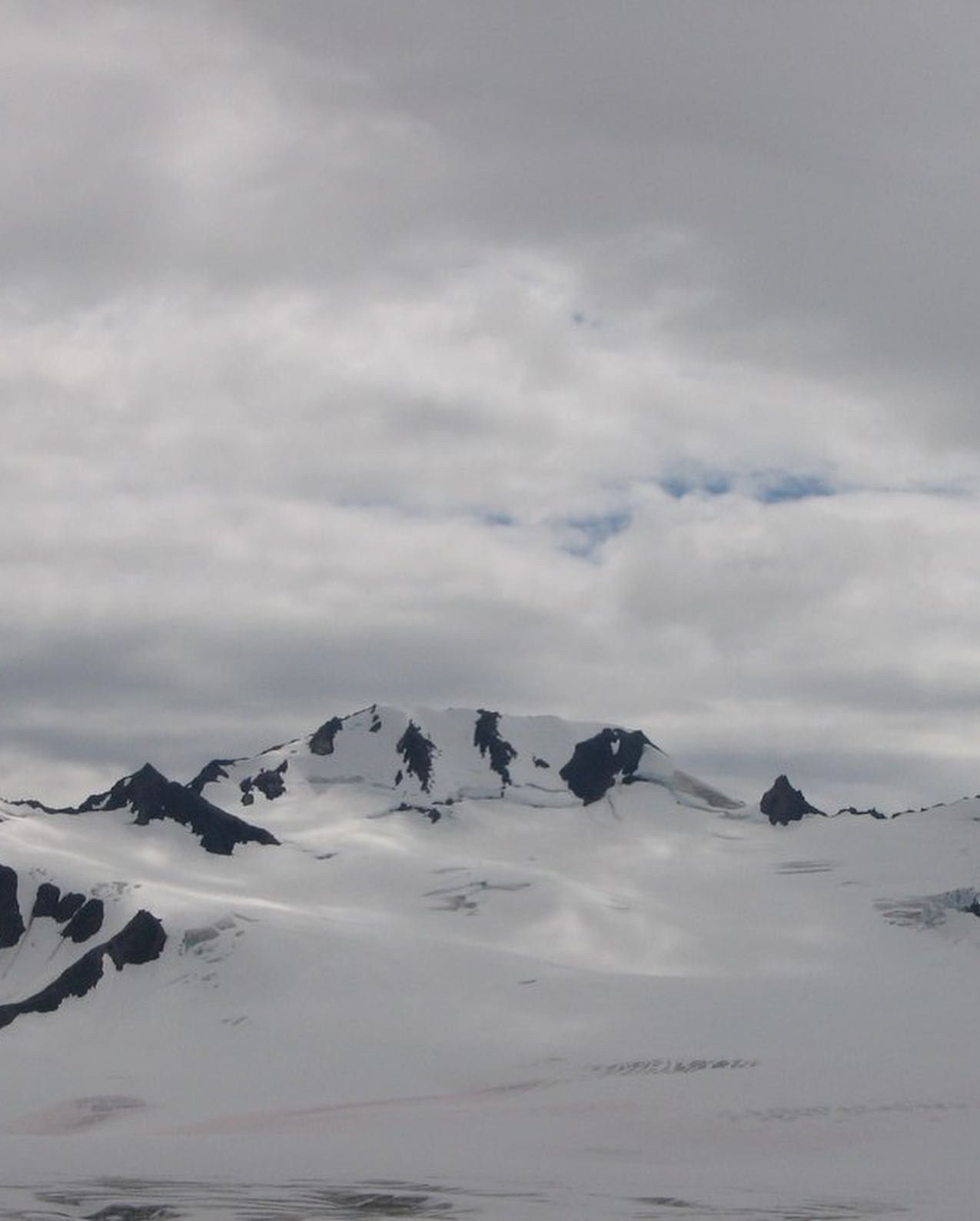
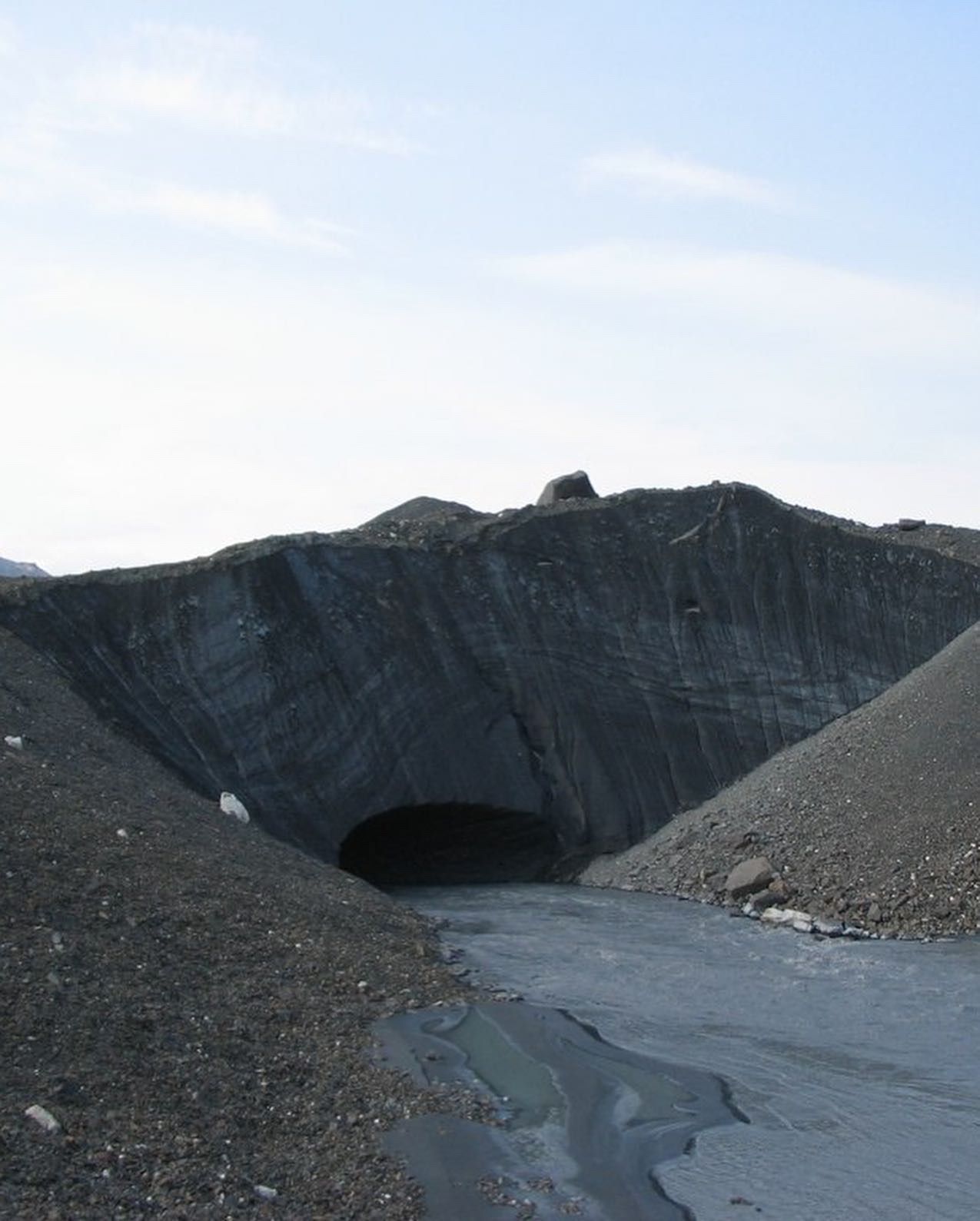
From the view of our raft, my companions and I saw moose, caribou, and wolves. In Denali, I encountered more grizzly bears than I ever really want to see at close range again — yet I would do it tomorrow in a heartbeat anyway, a beautiful experience simultaneously thrilling and terrifying.
In the freshwater lakes of Southeast Alaska, I witnessed such prolific populations of trout, that I neither before nor after have had fishing experiences that could even begin to compare.
Prince William Sound showed me seals, orcas, porpoises, and dolphins — and humpback whales breaching full body out of the water, as if an apartment building had shot up out of, and then crashed back to the sea, less than 100 meters from our boat.
Alaska was also the time and place where I begin blogging publicly for the first time, inspired as I was by my experiences there. How could this life, the abundance not be given the strictest of defenses? How could short-term economic profit take priority over the legacy of the whole history of Earth’s existence and evolution?
These questions vexed me, and cracks started to form in my rigid ideological commitments.
During my last trip in 2005, I came very close to intentionally missing my flight home to Arkansas, with the idea of remaining there, getting a pilot’s license, and embedding myself in the wilderness. For reasons I still do not quite understand, I took my flight anyway.
After some time in tech startups living in the Nature-vacuum of North Texas, I exiled myself from the United States in 2008, and moved to Chile, among the most Alaska-like settings in the world.
There I witnessed the heated political controversy over the HydroAysen project to dam the wild Baker and Pascua rivers, which would have ruined vast wilderness ecosystems, collapsing life in the rivers, and blanketing the expanses with transmission lines. Fortunately for the health and sake of the entire planet, the project was slowed down by the Chilean regulators and courts until the project’s sponsors eventually abandoned the plans in 2017.
In 2019, during the peak global coverage of the destruction of the Amazon, I had reached the point where I could not see any other worthwhile mission for my life than the direct defense of Nature, efforts to rewild the planet, and sanitizing our economic & productive systems of the ecological externalities that have brought us to the brink of ruin after 500 years of industrialism and capitalism.
I was planning a reboot of Exosphere, the alternative educational organization I founded in 2012 focused on philosophy and technology. I imagined turning its focus toward the development of technology that could be used for ecological defense & rewilding. The coronavirus pandemic poured freezing water on those plans, and I was forced to make a detour that ended up being much longer than I could have imagined.
In the latter half of 2021, I decided it was time to take action, that I could not wait any longer for the right circumstances. It has taken a year of brainstorming, gathering good people, and iterating toward a functional plan, but with the launch of WILD studios, and our non-profit WILD commons, I feel for the first time in my adult life, complete alignment between my internal motivations and external actions.
That alignment has been made possible by writing — more on this in a moment.
The purely object-level attempt to respond to climate change and the broader ecological crisis we face has failed, miserably. Whatever progress has been made has been far too little, and way too late. We have been betrayed and abandoned by our political, commercial, and religious leadership, who have abdicated their responsibility at every single turn for the past 50 years.
While what they have done through both overt contrary action, and negligent inaction is unforgivable, and yet more blame will do nothing to actually begin making progress toward a healthier, wilder planet.
Only my action, and your action, and our action together can be counted on to turn the tide. We can and should expect no help from those in power, from those with wealth, or those with influence. Their incentives are misaligned with those of life. The putrifying combination of capitalism and democracy has created a short-termist mindset and culture that resists change by preventing all change at the margin, via incentives.
We cannot expect to crash capitalism, and we should not hope to abolish democracy. Rather, we must take realistic stock of our standing in the world, as advocates for Nature and the wilderness, recognizing paradoxically that we have too little time to be in a rush. The faster we try to move, the less traction we will have, like a cartoon dog frantically scrambling only to run in-place.
St John of the Cross, the Spanish mystic and author of the metaphysical poem The Dark Night of the Soul, remarks that people who are focused only on the exterior world and its problems are likely, in their efforts, to amount usually “to nothing; sometimes a little more than nothing, and sometimes, harm.”
When the interior world remains unreformed and unexamined, our individual selves remain in thrall to our unconscious minds. This was understood by mystics throughout the ages, and rationally analyzed at last by Carl Jung. If we want to understand why we continue failing to move the needle against the ongoing planetary ecocide, we must first understand ourselves and our own motivations.
In his essay compilation The Divine Within, Aldous Huxley quotes an old mystical saying that “a man of orison (prayer) will accomplish more in one year than another man in all of his life.”
If we define prayer as Emerson does, as “the contemplation of the facts of life from the highest point of view,” the logic becomes nearly inarguable for anybody who has spent the briefest period in serious reflection.
Huxley himself goes on to observe that “what is true of good works is true, a fortiori, of merely worldly activity, particularly when it is activity on a large scale, involving the cooperation of large numbers of individuals in every stage of unenlightenment. Good is a product of the ethical and spiritual artistry of individuals; it cannot be mass-produced. That brings us to the heart of the great paradox of politics — the fact that political action is necessary and at the same time incapable of satisfying the needs which called it into existence. Even when it is well intentioned (which it very often is not), political action is foredoomed to a partial, sometimes even a complete self-stultification. The intrinsic nature of the human instruments with which, and the human materials upon which political action must be carried out, is a positive guarantee against the possibility of such action yielding the good results expected of it.”
If we find merit in Huxley’s damning prospects for the possibilities of politics, we ought to conclude that a completely orthogonal approach to the ecological crisis is required.
The approach we are taking here at WILD is to start with the improvement of subjects, individual humans, helping people to gain a sense of true identity, understand themselves as part of the constant flow of evolution, and discover their own perspective and the unique information and value they can add in response to the problems facing the world. This is not an either/or proposition, or one that must be done in steps, one after the other.
Rather, the focus on subjects is and will always be an ongoing feature of our community and its collective operation. We must lift each other up, hone our communication skills, and resolve our unconscious patterns of biased behavior if we are to have any hope of seeing the pendulum swing back in the other direction on our existential problems.
This cannot be taught, but it can be cultivated. The WILD community is a context, a substrate on which Nature-passionate individuals can find themselves, connect with others, and begin writing their way toward the ecological renaissance our planet urgently requires.
The formation of the daily habit of writing is the beginning of such an interior movement, and will inevitably flow outward into movement in society.
Nature’s warriors need to be armed with self-critical conscious awareness, expressive capacity, genuine empathy, and the character traits of fortitude, courage, and resilience — not cans of soup.

